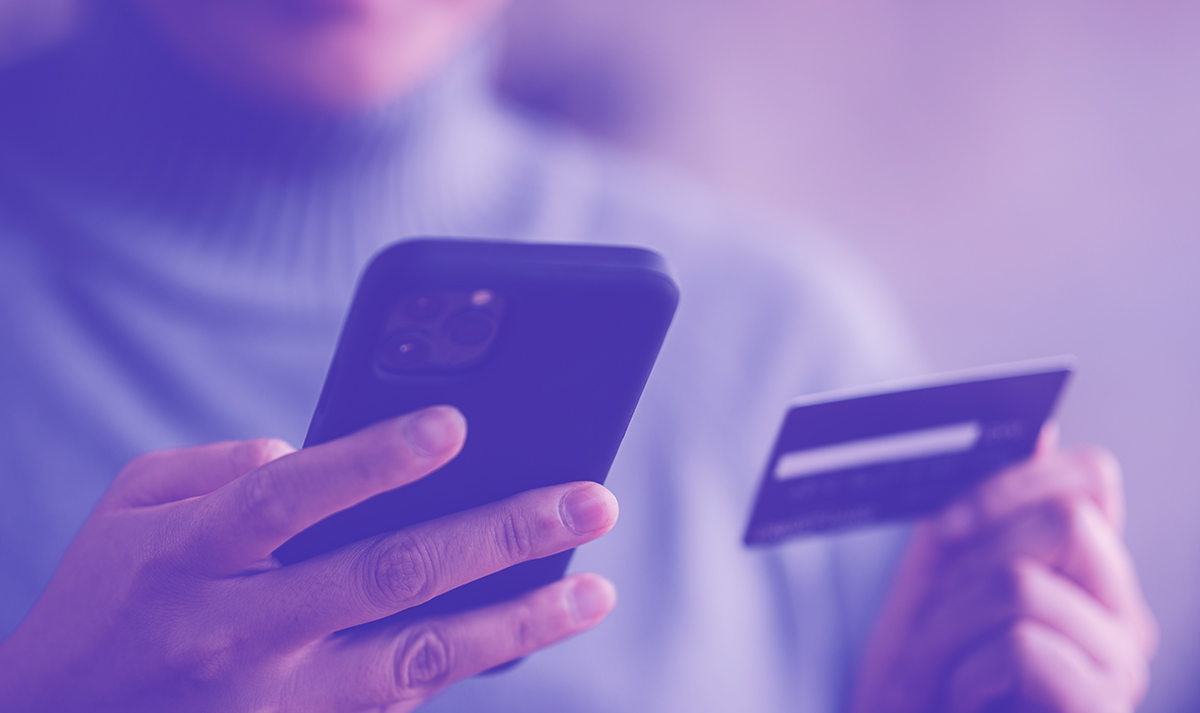In a significant announcement, Apple has unveiled changes to its iOS platform, specifically impacting users in the European Union and the use of alternative apps. With the release of iOS 17.4 in March, Apple is introducing the option for users in the EU to download apps from sources other than the App Store, a practice known as sideloading. While this move aligns with practices on other mobile platforms like Android, Apple is implementing safeguards to maintain security and compliance.
The evolution of sideloading and Apple’s response
Sideloading, a common practice on Android, provides users with the flexibility to download apps from various sources. However, it also poses the risk of malware installation from untrustworthy sources when sideloading apps. Apple’s approach with iOS 17.4 attempts to strike a balance between compliance with the EU Digital Markets Act and security. Users can download apps from third-party marketplaces, but installing apps outside Apple’s control is restricted.
To create a third-party marketplace, developers must apply for a special entitlement from Apple, involving extensive documentation. Apple retains control by approving or denying applications, in a bid to ensure a level of security. Furthermore, a significant barrier is the requirement of a letter of credit exceeding 1 million USD, making it challenging for smaller players to establish their own marketplace.
Notarization: Apple’s security measure
Apple introduces a critical security measure with the notarization process for iOS apps. Similar to the checks during the App Store approval process, notarization involves a combination of automated checks and human review. This ensures that only approved and secure apps make their way to users’ devices. While this opens up the iOS platform to some extent, Apple maintains control over the approval process, addressing concerns about potential malware and security threats.
User protections and safeguards
Apple’s commitment to user protection extends beyond notarization, especially as it navigates the challenges posed by third-party app stores. The introduction of app installation sheets provides users with at-a-glance information about apps before downloading. This includes details about the developer, screenshots, and other essential information, empowering users to make informed decisions.
Authorization for marketplace developers is another layer of protection, ensuring ongoing compliance with requirements that benefit both users and developers. Additional malware protections prevent iOS apps from launching if they are found to contain malware after installation, reinforcing Apple’s dedication to maintaining a secure user experience.
Implications for app content and competition
While Apple’s measures address concerns related to malware, fraud, and abuse, some challenges remain. The company acknowledges its limitations in addressing apps that may contain scams, fraud, or objectionable content. Apps using alternative browser engines may impact the user experience, affecting system performance and battery life on iOS devices.
The introduction of third-party marketplaces also means Apple will have less control over in-app purchases in the EU region. This move aligns with the evolving landscape of digital transactions and promotes a more competitive environment.
Impact on NFC payments and financial apps
In a major development, Apple is enabling the use of NFC payments APIs within the European Economic Area (EEA), allowing third-party app developers to create innovative payment solutions. This move allows banks to develop their own payment apps, potentially reducing transaction fees associated with Apple Pay. While this presents a significant opportunity for banks and potential cost savings for customers, it excludes UK banks due to the UK’s exit from the EEA.
A tightrope walk: Freedom vs. security
Apple’s iOS 17.4 update signifies a delicate balancing act between user freedom and device security. By allowing sideloading apps with stringent controls, Apple aims to comply with EU regulations while mitigating the risks associated with downloading and installing apps outside the App Store. The introduction of third-party marketplaces brings competition but under Apple’s watchful eye.
While users gain more freedom, especially in financial transactions, Apple maintains a grip on security measures. The notarization process and other safeguards reflect Apple’s commitment to providing a secure environment for its users.
In conclusion, Apple’s latest iOS update marks a significant shift in its approach to app distribution within the EU. The attempted balance between user freedom and security measures reflects the evolving nature of the digital landscape. As users eagerly await the release of iOS 17.4, the impact of these changes on the app ecosystem and user experience will undoubtedly shape the future of Apple’s relationship with its European user base.
Would you like to learn more about the potential risks of sideloading for iOS apps? Our security experts are here to help.




